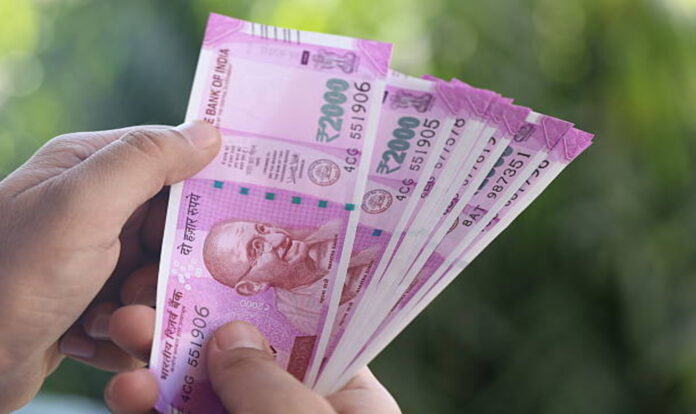The Delhi High Court has rejected a public interest litigation (PIL) that challenged the Reserve Bank of India’s (RBI) move to withdraw ₹2,000 banknotes from circulation. In a hearing held on Monday, a bench comprising Chief Justice Satish Chandra Sharma and Justice Subramonium Prasad dismissed the plea. The court had reserved its order on the PIL on May 30 after hearing arguments from both the petitioner’s counsel and the RBI. The RBI had announced the withdrawal of ₹2,000 currency notes on May 19, and the central bank instructed banks to provide deposit and exchange facilities for these notes until September 30, 2023. However, the PIL sought to challenge this decision, questioning the rationale behind the withdrawal and arguing that it would cause inconvenience to the public.
The court’s decision to dismiss the PIL indicates its acceptance of the RBI’s justification for withdrawing the ₹2,000 banknotes. The exact reasons for the court’s dismissal were not immediately available, but it is likely that the bench found no legal basis to interfere with the RBI’s policy decision. The withdrawal of the ₹2,000 banknotes had sparked debates and discussions among economists and the public alike. Some experts believed that the move was aimed at curbing black money and counterfeit currency in circulation. Others expressed concerns about the practical implications and potential hardships it may cause, particularly for those who heavily rely on cash transactions.
The RBI’s decision to allow deposit and exchange facilities for the ₹2,000 notes until September 30, 2023, suggests a phased-out approach to the withdrawal, providing individuals with sufficient time to exchange their holdings. This move aims to minimize disruptions in the economy and facilitate a smooth transition. While the dismissal of the PIL by the Delhi High Court affirms the RBI’s authority to make such decisions, it is essential to consider the implications for the general public. The central bank should ensure that adequate measures are in place to address any inconvenience caused during the transition period.
As the RBI’s decision stands, individuals holding ₹2,000 banknotes are advised to utilize the deposit and exchange facilities provided by banks before the September 30 deadline. It is crucial to stay informed about any further developments or guidelines issued by the RBI regarding the withdrawal process. Overall, the dismissal of the PIL reaffirms the RBI’s decision to withdraw ₹2,000 banknotes and highlights the need for effective communication and support to mitigate any potential challenges faced by the public during this transition.


